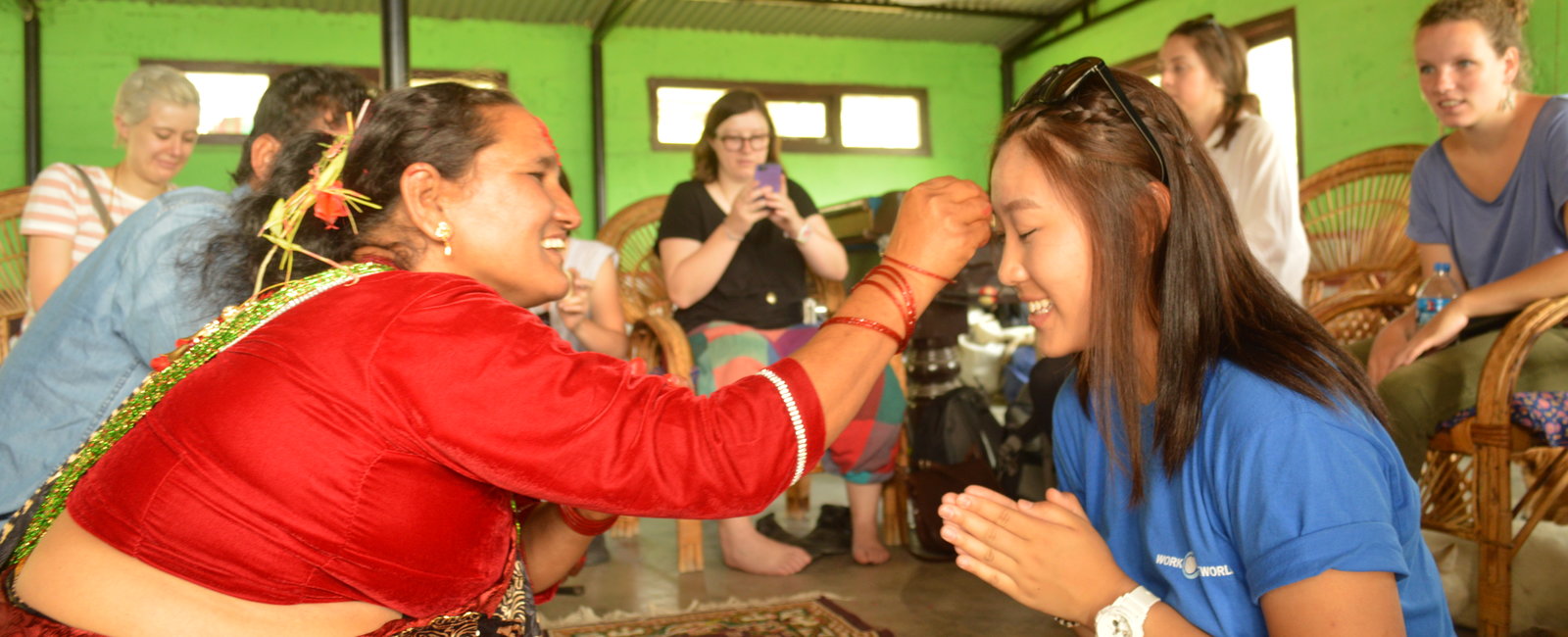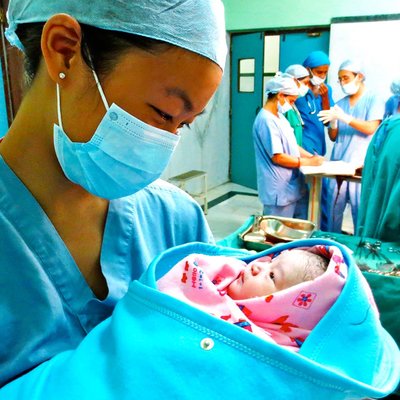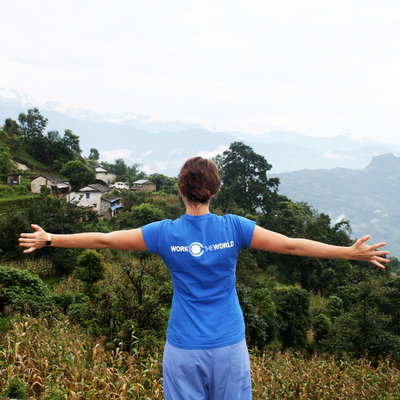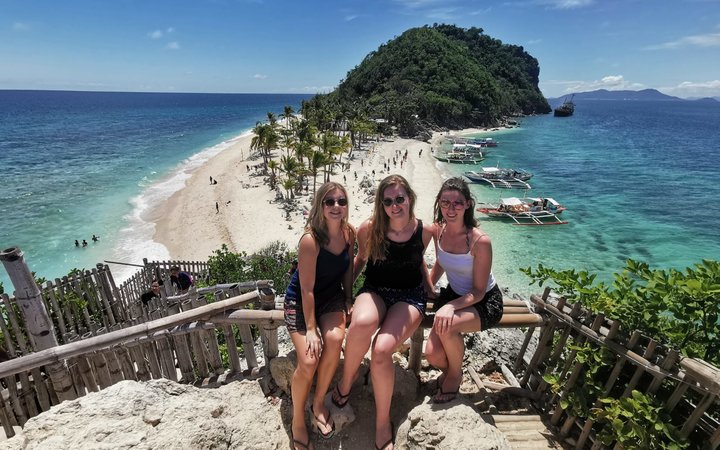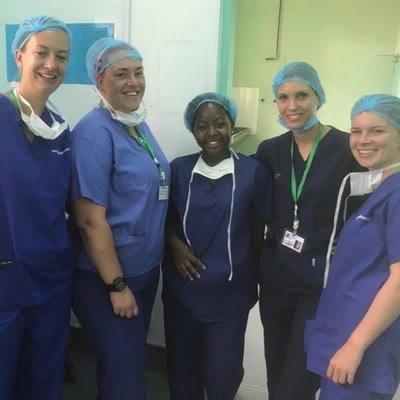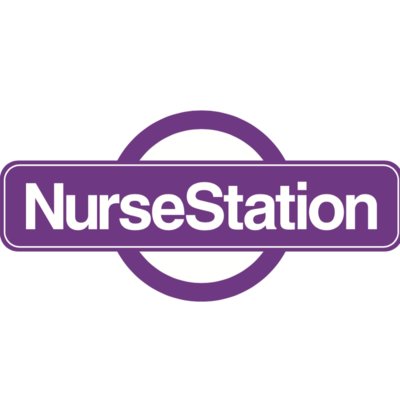Search Blog
Welkom op de blog van Work the World - hier vind je allerlei nuttige informatie die je helpt om een weloverwogen beslissing te nemen over een buitenlandse stage in de gezondheidszorg. Je komt te weten hoe een stage je carrière een boost kan geven, wat onze exclusieve samenwerking met ziekenhuizen inhoudt, waarom een Work the World stage zo waardevol is en nog veel meer.
Ontdek hieronder wat jouw unieke Work the World reis voor jou kan betekenen.
Oké, je bent hier beland omdat je als verpleegkundige naar het buitenland wilt. Of wellicht speel je nog steeds met die gedachte en sta je nu op het punt de sprong te wagen.
Lees Meer
Klik hier om te lezen hoe je ethisch bezig bent tijdens een buitenlandse stage
Lees Meer
To ensure our internship placements are accessible to everyone, we have introduced a flexible payment model. So what does this mean?
Lees Meer
With increased flexibility and some additional procedures, we’re ready to welcome you onto our programmes.
Lees Meer
This breathtaking new trail winds through the scenic landscapes of the hill country, featuring cloud-covered villages and historic tea estates.
Lees Meer
Pages
